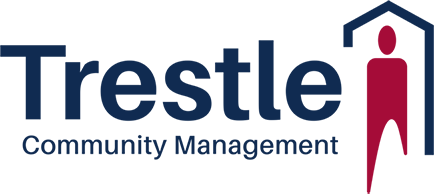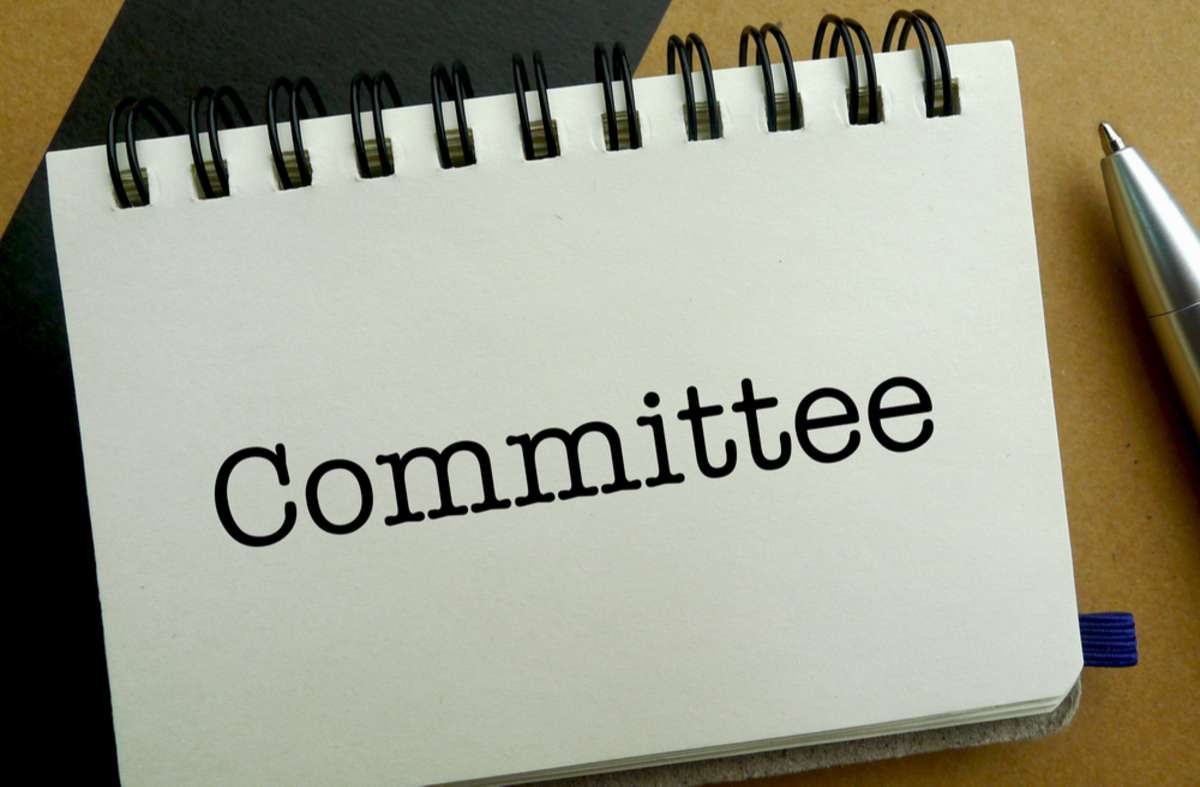What Are the Benefits of Committees for Your Homeowners Association?
Most condominium associations have corresponding committees. While your HOA has a board, that doesn’t mean they can do everything needed to maintain the community themselves. HOA committees are an important part of condo associations because they provide several benefits for condominium management.
Does your community association have committees? If you aren’t sure why you need them, check out these insights from our HOA management experts.
Benefit #1: Delegate Tasks
One of the most beneficial aspects of condominium committee membership is the ability to delegate responsibilities in order to help condominium management run more smoothly and effectively for residents. Whether it’s allowing them to focus on other tasks or providing assistance in handling anything from minor maintenance tasks to large renovations when the board president or a few members try to do too much, things can fall through the cracks, and homeowners become unhappy.
While condominium boards shouldn’t ever under-supervise their communities, having dedicated teams for specific projects can make all the difference when you’re trying to run an efficient community.
Benefit #2: Utilize Skills and Talents of Homeowners
Another important aspect of condominium committees is that they can provide an opportunity for homeowners to utilize their skills and talents to the benefit of the community. This, in turn, helps condominium management associations by encouraging community engagement when residents are involved in making decisions about how their homes are managed.
This benefits condo owners associations because it gives residents a sense of ownership over their communities. When condominium committees can combine homeowner skill sets with leadership abilities, HOAs get what they need without stepping in themselves.
HOA committees also allow residents with niche interests or expertise within specific areas to be recognized for their contributions, even if they aren’t condominium board candidates.
Benefit #3: Encourage Community Engagement
As condominium associations strive to improve and maintain their communities, it can be easy for homeowners to become less involved in the management of their communities. There are many reasons why this might happen: condominium boards may not be engaging with residents, homeowners may feel like they don’t have enough time or energy after work is over, and so on.
By forming committees for homeowners associations that hold open meetings or town halls where all members of the community are invited to attend and engage, condos boards can encourage surrounding homeowners to get more involved in how their HOA is managed. This benefits condo association boards because by facilitating community engagement through committee initiatives, condominium management associations can ensure that residents are involved in improving their condominium communities.
Why Types of Committees Does Your Homeowners Association Need?
If you don’t have any committees yet (or you’re not sure which committees are the best fit for your community), which ones should your board members consider? It all depends on the type, size, and needs of your HOA. Some community association management boards have a large number of different committee types, while others may rely on a smaller basis, only employing ad hoc committees to handle specific issues when necessary.
An HOA management company can recommend a few committees to get you started with the most common association needs, including:
- Executive
- Adhoc
- Finance
- Rules, regulations, and covenants
- Sustainability and Green Initiatives
- Public Relations or Community Relations
- Communications
- Landscape
- Safety and maintenance
In addition, construction Oversight Committees, also known as Design Review Boards (DRBs) or Appearance Review Boards (ARB), exist to ensure that new construction in condo communities meets established community rules and requirements.
How Do Committees Work?
Most condominium associations rely on committees established by governing documents for management and maintenance. This may seem like an additional layer of HOA bureaucracy at first. Still, condominium boards can add or remove committee members without having to get approval from the entire condominium association membership.
Set a schedule for your committees to meet regularly, even as often as once a month or whenever they need to take action on something that requires community input or decision-making abilities. Committees report directly to exec boards and condominium managers while the board president reports their actions to the full condominium board.
Choose Committee Members Carefully
Now that condo boards have decided which types of committees are best for their community, it’s time to think about who will serve on them. Based on the condominium governing documents and job descriptions, condominium boards should choose volunteer association members that would be an asset to each committee. The easiest way to do this is by looking for residents with experience in areas closely related to committee work and looking for willing and responsible volunteers who are good fits.
Manage Successful Committees With An HOA Management Company
Committees should help community associations run more smoothly! However, if you find board members spend too much time managing committees, it’s time for some outside help.
Trestle Community Management helps HOAs develop the right committees and encourage board member involvement! With the right oversight, your committees will be an asset to the neighborhood and residents for a thriving association. Reach out to our team to learn more about our consulting or full management services!





